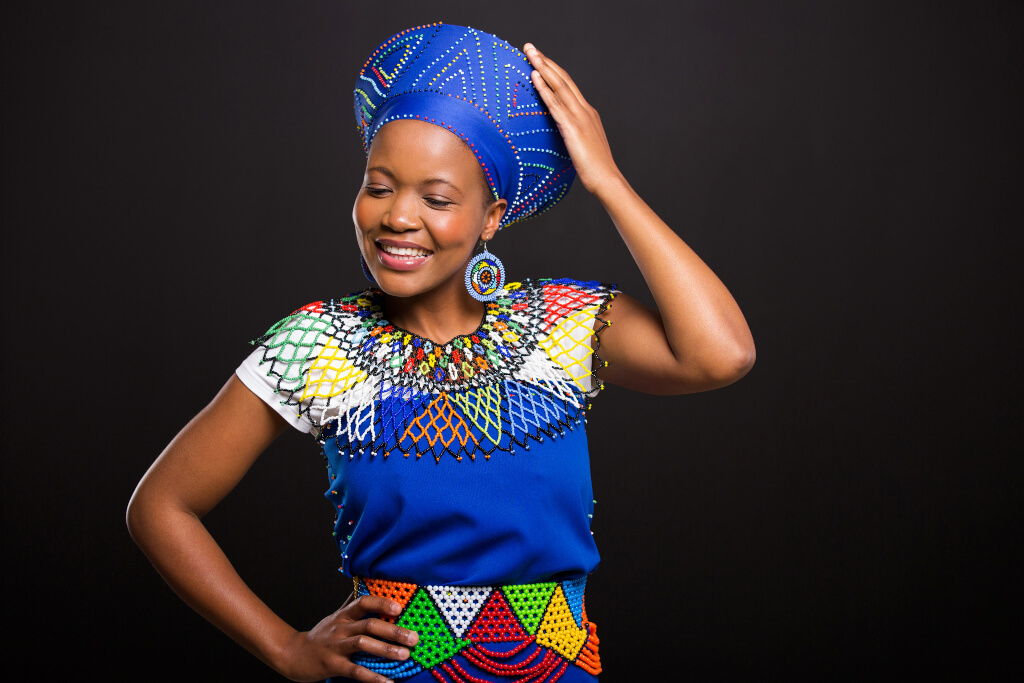Before colonial influences took hold in the 1700s, the perceptions of intimacy and morality among Black South Africans were notably distinct. Convening Black Intimacy, a comprehensive new book meticulously examines the complex dynamics of Christianity, gender, and traditional marriage and sexual practices in South Africa during the late eighteenth and early nineteenth centuries. Natasha Erlank, the historian behind this insightful study, drew from a wide array of sources, including court records, church archives, and a rich tapestry of works by influential Black authors, such as newspapers, books, and songs.
In the pre-colonial era, the concept of intimacy was deeply intertwined with familial obligations. The transfer of lobola (bridewealth) during marriage ceremonies not only symbolized the union between two individuals but also solidified the connection between their respective families and ancestral lineages. Various sexual practices, including ukumetsha and ukusoma, were widely accepted as part of the norm for young adults, as long as discretion was maintained to avoid unwanted pregnancies.
However, the onset of colonialism brought about a seismic shift in the intimate lives of Africans. Colonial policies penalized polygamy and traditional marriage practices, labeling them as morally inferior. The emergence of Christianity further enforced a new set of values, condemning premarital sex, polygamy, and traditional marriage practices as immoral. Consequently, the collision between these newly imposed moral codes and existing indigenous customs led to profound cultural conflicts.
Despite the introduction of Christianity, the burdens of upholding moral standards largely fell upon African women, who often faced societal scrutiny and shame in cases of extramarital pregnancies. Economic constraints, exacerbated by the lack of resources necessary for traditional marriage ceremonies, led to a decline in marriages and an increase in female-headed households, particularly during the apartheid era.
This tumultuous history continues to reverberate through contemporary African relationships, contributing to a complex landscape where notions of freedom and commitment in intimate relationships are continually renegotiated. While space constraints prevent a comprehensive summary, it is evident that the echoes of the past significantly impact the challenges faced by black South Africans today, providing critical context for the current state of domestic and gender-based violence.
The Impact of Colonialism on Gender Roles
The influence of colonialism on gender roles within South African society remains a contentious topic that warrants further exploration. While the imposition of colonial values and norms brought about significant changes in familial structures and intimate relationships, the specific impact on the roles and expectations placed on men and women within these relationships remains a topic of debate. Understanding the nuanced ways in which colonialism shaped gender dynamics is crucial in comprehending the complexities of contemporary South African society.
Cultural Resilience and the Preservation of Indigenous Intimacy Practices
Despite the profound disruptions caused by colonialism and subsequent social transformations, there exists a persistent undercurrent of cultural resilience among some South African communities. This resilience manifests in the preservation and continuation of certain indigenous intimacy practices that have withstood the test of time. Exploring how these practices have adapted and endured in the face of external pressures sheds light on the resilience of cultural identity and the resilience of intimate traditions within the region.
Intersections of Modernity and Traditional Intimacy Norms
The intricate interplay between modern societal values and traditional intimacy norms presents a multifaceted landscape for discussion. With the continual evolution of contemporary South African society, the negotiation between traditional values and modern ideals in intimate relationships becomes increasingly pertinent. Delving into how modernity has reshaped, challenged, or reinforced traditional intimacy norms provides valuable insights into the ongoing dynamics of South African relationships.
Religious Syncretism and the Evolution of Intimate Beliefs
The intricate process of religious syncretism, wherein elements of indigenous beliefs and Christianity intertwine, has played a significant role in shaping contemporary intimate beliefs among South Africans. Understanding how traditional beliefs have adapted and intertwined with Christian ideologies provides a nuanced perspective on the complexities of South African religious and intimate practices. Exploring the evolution of these intertwined belief systems within intimate relationships unveils a rich tapestry of spiritual and cultural influences.
Women’s Empowerment in Contemporary Intimate Relationships
Amidst the historical constraints and challenges faced by women within intimate relationships, there exists a growing discourse on women’s empowerment and agency in contemporary South Africa. Analyzing how women have reclaimed agency within intimate partnerships, challenging traditional gender roles and societal expectations, sheds light on the shifting power dynamics within these relationships. Understanding the multifaceted nature of women’s empowerment within intimate spheres is crucial in fostering a deeper comprehension of gender dynamics and social change in South Africa.
For further engagement or information, visit Our Contact Page




